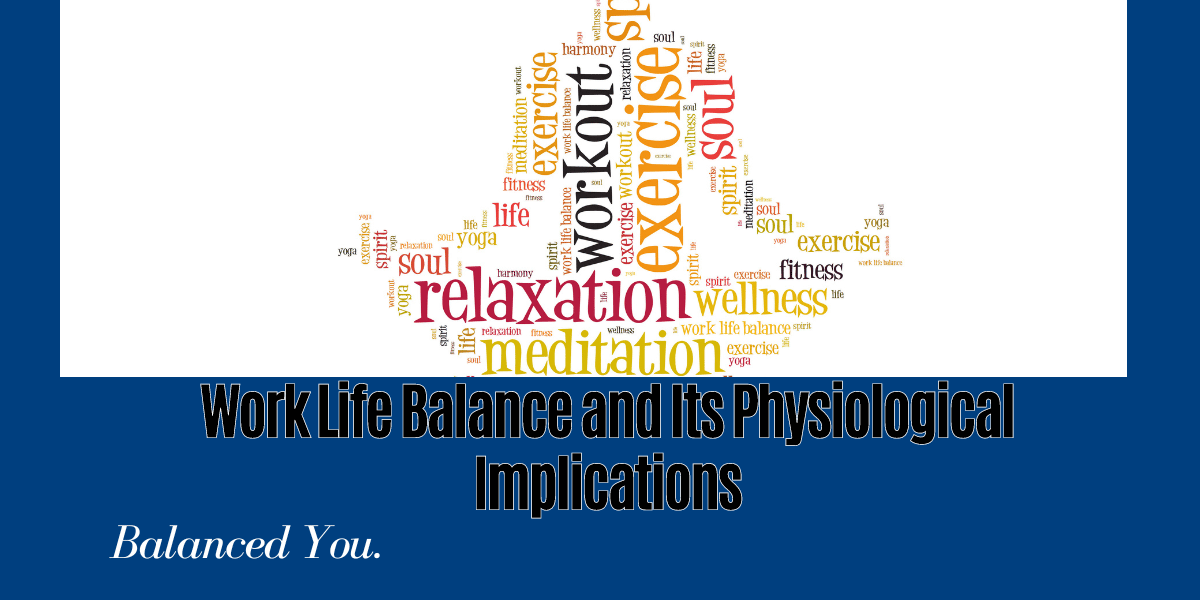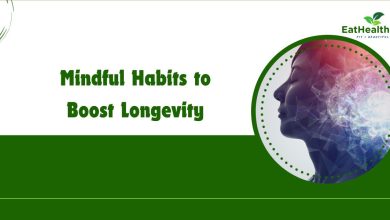Work Life Balance and Its Physiological Implications
Nurturing Well-Being: The Crucial Role of Work-Life Balance
Work-Life Balance and Its Physiological Implications
In the modern, fast-paced world, achieving a balance between work and personal life is often challenging. The constant demands of the workplace, coupled with personal responsibilities, can take a toll on both mental and physical health. In this blog post, we’ll explore the concept of work-life balance and delve into its physiological implications. Understanding how our bodies respond to the stresses of imbalance is crucial for maintaining overall well-being.
Defining Work-Life Balance:
Work-life balance is the equilibrium an individual needs between time allocated for work and other aspects of life. Achieving this balance is essential for mental peace, emotional stability, and physical health.
Physiological Implications:
- Stress Hormones: Imbalance between work and personal life can lead to an increase in stress hormones such as cortisol. Chronic stress adversely affects the immune system, cardiovascular health, and overall resilience.
- Sleep Disruptions: Overworking or constant preoccupation with work can disrupt sleep patterns. Lack of adequate sleep impacts cognitive functions, emotional well-being, and immune response.
- Digestive Issues: Stress and imbalance can lead to digestive problems such as irritable bowel syndrome (IBS) and acid reflux. Chronic stress hampers the digestive process, affecting nutrient absorption.
- Mental Health Challenges: Prolonged imbalance can contribute to anxiety, depression, and burnout. Mental health is intricately linked with physical well-being, and addressing stress is crucial for overall health.
Strategies for Achieving Work-Life Balance:
- Set Boundaries: Set up distinct lines of demarcation between work and personal time. Avoid checking work emails or taking work calls during leisure hours.
- Prioritize Self-Care: Make time for activities that bring joy and relaxation, whether it’s reading, exercising, or spending time with loved ones.
- Learn to Delegate: Delegate tasks at work and home. It’s critical to understand that asking for assistance indicates strength, not weakness.
- Practice Mindfulness: Incorporate mindfulness techniques such as meditation and yoga into your routine. Mindfulness reduces stress and enhances overall well-being.
Conclusion: Achieving work-life balance isn’t just a luxury; it’s a necessity for maintaining good health. By understanding the physiological implications of imbalance and adopting strategies to nurture both professional and personal aspects of life, individuals can lead healthier, more fulfilling lives.





